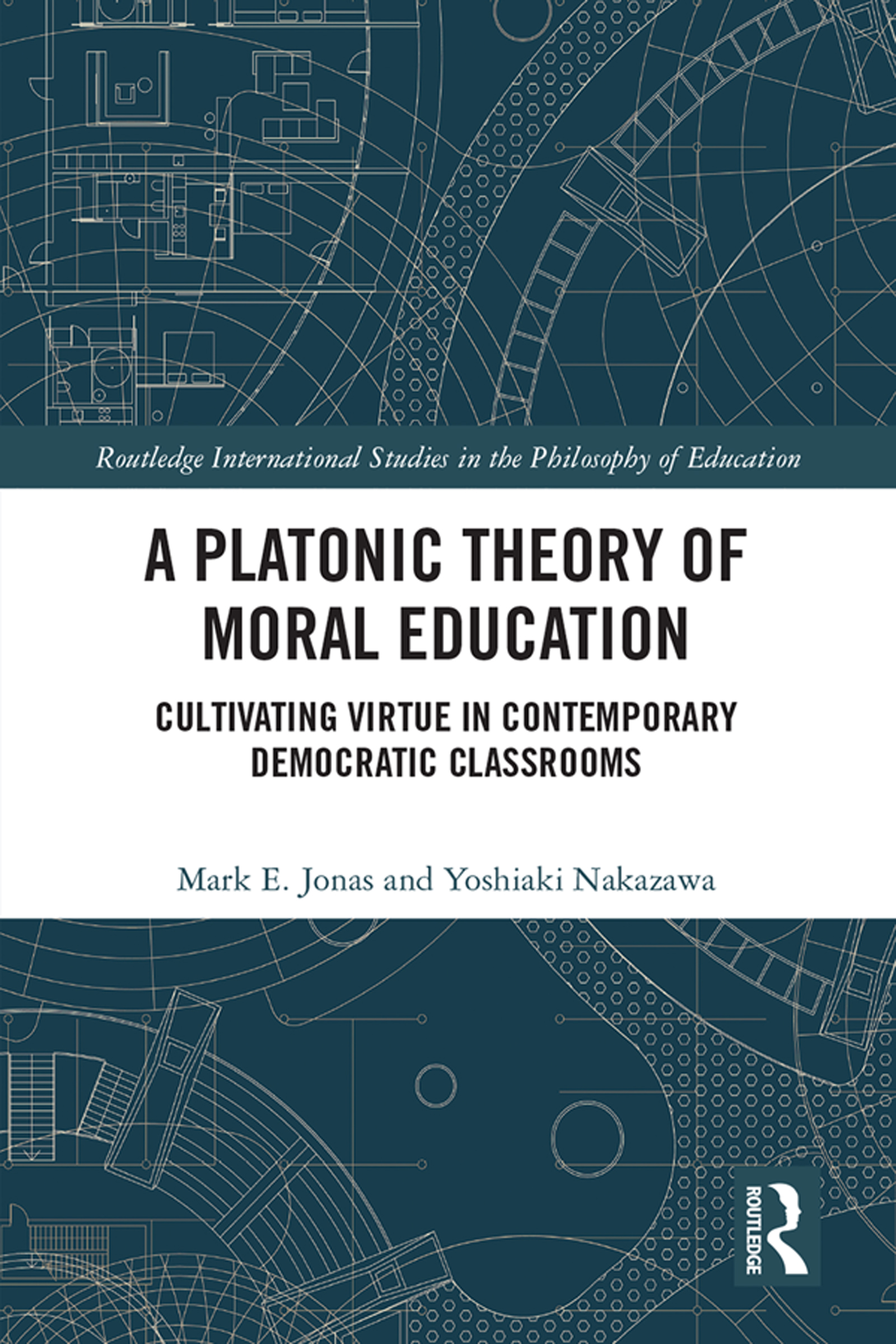Discussing Plato’s views on knowledge, recollection, dialogue, and epiphany, this ambitious volume offers a systematic analysis of the ways that Platonic approaches to education can help students navigate today’s increasingly complex moral environment. Though interest in Platonic education may have waned due to a perceived view of Platonic scholarship as wholly impractical, this volume addresses common misunderstandings of Plato’s work and highlights the contemporary relevance of Plato’s ideas to contemporary moral education. Building on philosophical interpretations, the book argues persuasively that educators might employ Platonic themes and dialogue in the classroom. Split into two parts, the book looks first to contextualise Plato’s theory of moral education within political, ethical, and educational frameworks. Equipped with this knowledge, part two then offers contemporary educators the strategies needed for implementing Plato’s educational theory within the pluralistic, democratic classroom setting. A Platonic Theory of Moral Education will be of interest to academics, researchers, and post-graduate students in the fields of: ethics; Plato scholarship; moral psychology; educational foundations; and the philosophy of education. This book would also benefit graduate students and scholars in teacher education. Mark E. Jonas is Professor of Education and Professor of Philosophy (by courtesy) at Wheaton College, US. Yoshiaki Nakazawa is Assistant Professor of Education at University of Dallas, US.












